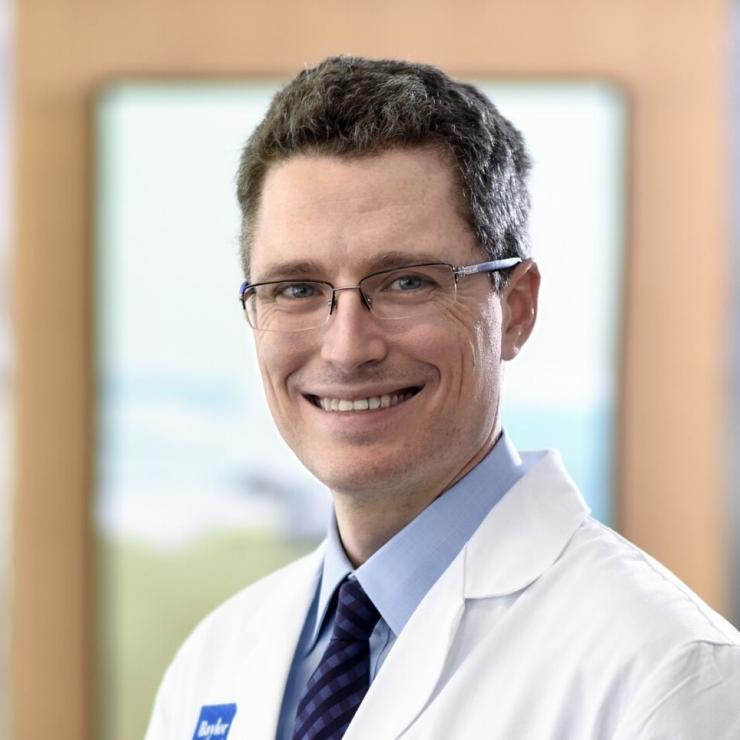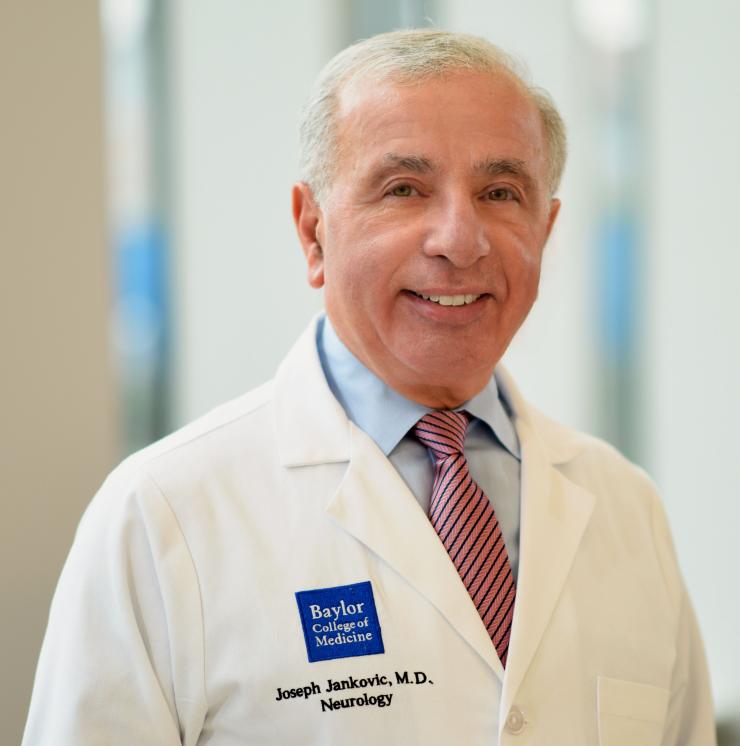
About the Program
The Movement Disorders Fellowship Training Program at the Department of Neurology, founded by Dr. Joseph Jankovic in 1977, is an integral part of the Parkinson’s Disease Center and Movement Disorders Clinic. The program is dedicated to training young neurologists to become experts in the diagnosis and treatment of Parkinson's disease, atypical parkinsonism, a broad spectrum of hyperkinetic and other movement disorders, including tremors, dystonia, tics, Tourette syndrome, Huntington disease and other choreas, myoclonus, restless legs syndrome, tardive dyskinesia, stereotypies, paroxysmal dyskinesias, ataxia and other disorders of movement or motor control.
Alumni of the movement disorders fellowship program and other training opportunities have trained hundreds of physicians and researchers, many of whom have become internationally recognized leaders in the field of movement disorders. The fellows are first authors on hundreds of scientific articles published by the PDCMDC faculty.
Key aspects of our program that contribute to the success of our fellows include:
- One-on-one mentorship by world-renowned faculty, supported by experienced staff.
- Large variety of hypo- and hyperkinetic adult and pediatric movement disorders
- Database of 33,000 patients with 40,000 diagnoses, video library of 25,000 cases.
- Weekly video rounds and many other teaching and research conferences.
- Genetics program collaborating with the world-renowned Department of Molecular and Human Genetics at Baylor and world genetics consortia.
- Productive experimental therapeutics program with over 30 ongoing clinical trials.
- Strong DBS and neuromodulation program; soon to initiate focused ultrasound (FUS).
- Longest and one of the largest botulinum toxin programs in the world.
- Center of Excellence for Parkinson, Tourette, Huntington, and Wilson disease
Program Leadership and Faculty

Our faculty are widely recognized as among the world's top experts in movement disorders.
Dr. Steven Bellows, Program Director
Dr. Steven Bellows leads the Movement Disorders Fellowship as the program director. He is an alumnus of the Movement Disorders Fellowship and trained under Dr. Joseph Jankovic, who is the program’s founder and Director Emeritus. Dr. Bellows earned his medical degree from Baylor College of Medicine where he also completed his residency. He is a member of the American Academy of Neurology and Movement Disorder Society. He is also the director for the Neurology Sub-Internship and the Neurology Core Clerkship Ben Taub Site Director. Dr. Bellows also began a new role in undergraduate medical education as an associate course director for the Behavioral and Neurologic Sciences foundational course, which is the core neurology educational experience for first-year medical students. He also serves as the Neurology Medical Director of Clinical Operations.

Dr. Joseph Jankovic, Program Director Emeritus
The fellowship founder, Dr. Joseph Jankovic is ranked as the top expert in the world in movement disorders and in botulinum toxins according to ExpertScape. He has co-edited over 55 books and volumes, including several standard textbooks such as "Neurology in Clinical Practice", "Parkinson's Disease and Movement Disorders" (along with a video atlas), and "Principles and Practice of Movement Disorders", based on an annual comprehensive course on movement disorders held every summer since 1991 in Aspen, Colo.
Parkinson’s Disease Center and Movement Disorders Clinic
The PDCMDC at Baylor College of Medicine has long been recognized as one of the world's leading clinical and research institutions with primary focus on Parkinson's disease and other movement disorders. It has been recognized as a "Center of Excellence" by the Parkinson’s Foundation and the Tourette Association of America. Faculty have published over 1,500 articles, chapters, and other publications.
Our fellows spend the majority of their time in this state-of-the-art facility.
Program Support
The fellowship program has been supported by highly competitive grants from various foundations, including the Dystonia Medical Research Foundation, The Edmond J. Safra Fellowship in Movement Disorders from The Michael J. Fox Foundation, and various other research and training grants. However, in order to maintain its highest standards of excellence in patient care, research and training, the continued success of PDCMDC and the MDFTP depends on philanthropy. This support from patients and friends is critically important for training new leaders in the field and for recruitment of faculty to insure future growth of the PDCMDC.
Learn More
Use the navigation in the upper left section of each page to explore our full site and learn about all our program has to offer.
Annual Reports
View the PDCMDC Annual Reports to learn about recent accomplishments and highlights.








